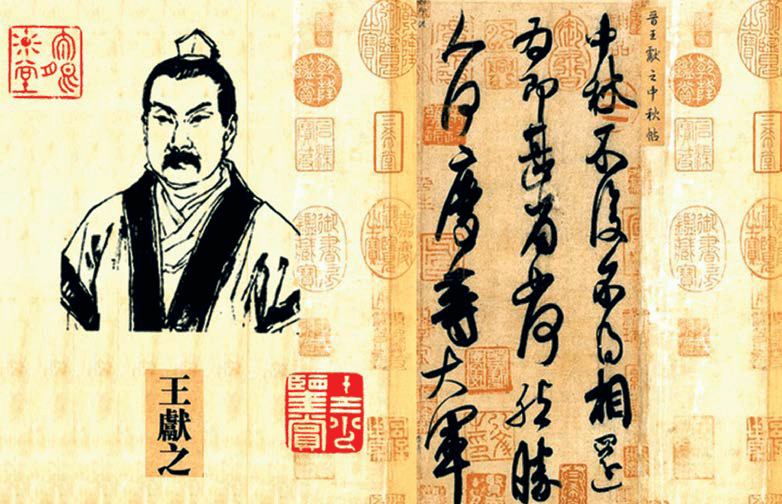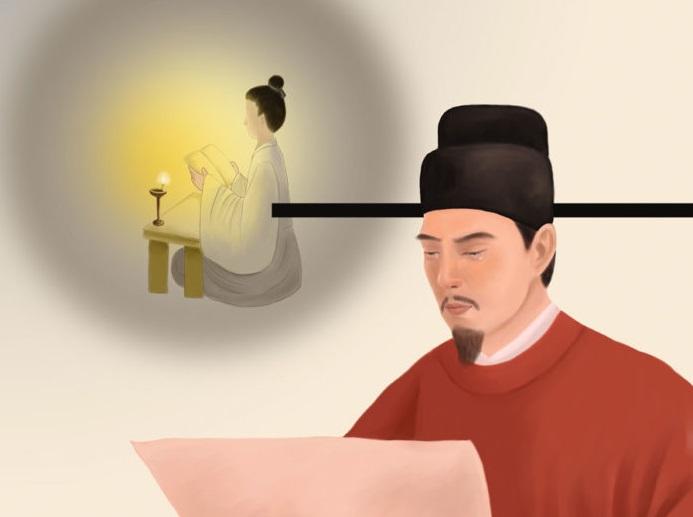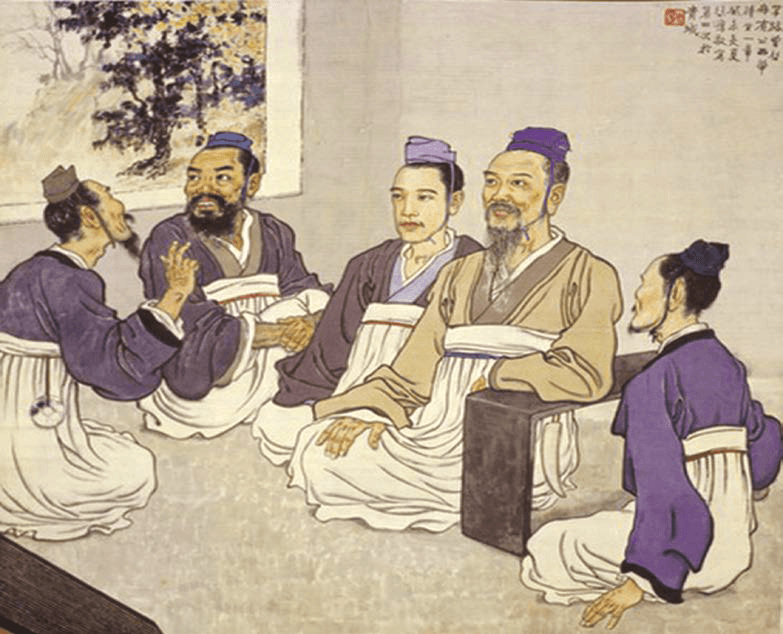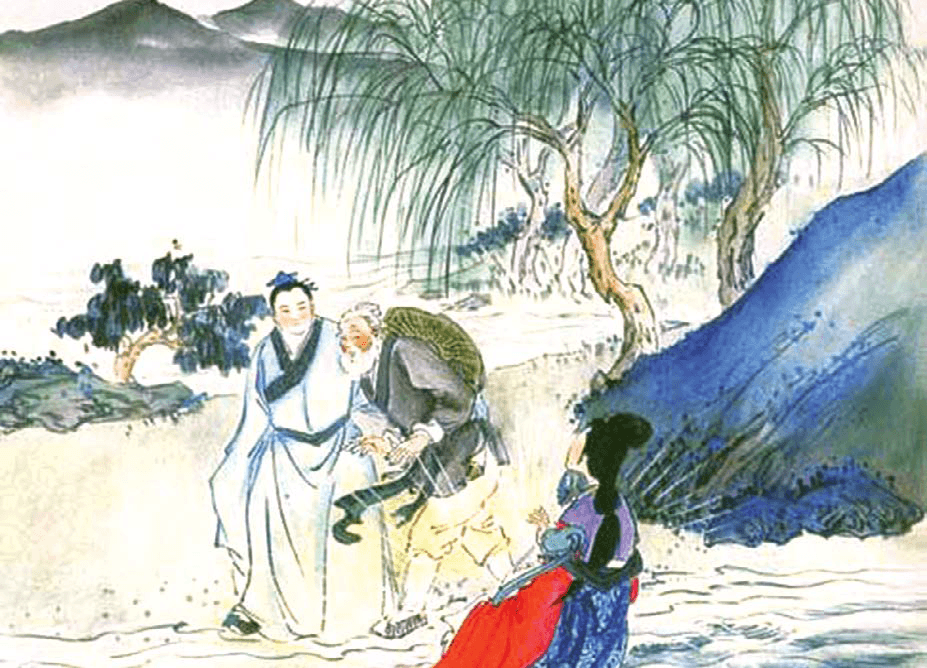The “Standards for Being a Good Student and Child” (Di Zi Gui) is a traditional Chinese textbook for children that teaches children morals and proper etiquette. It was written by Li Yuxiu in the Qing Dynasty, during the reign of Emperor Kang Xi (1661-1722). In this series, we present some ancient Chinese stories that exemplify the valuable lessons taught in the Di Zi Gui. The second chapter of the Di Zi Gui instructs readers to fulfill their duties as siblings.
It is written in the Di Zi Gui:
The older brother shall be friendly And the young brother respectful. When elder and younger are harmonious, Xiao (filial piety) is achieved.





